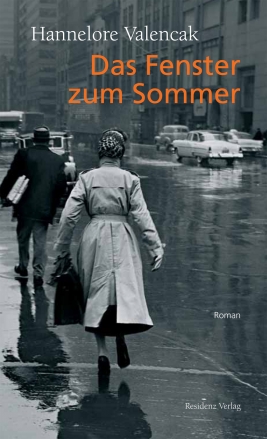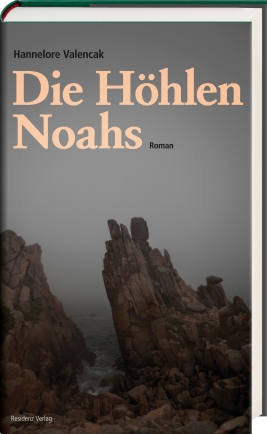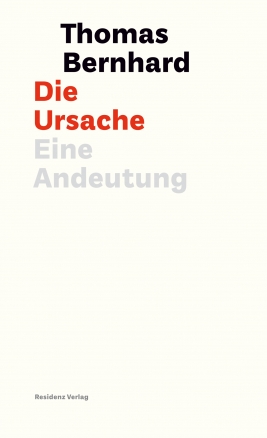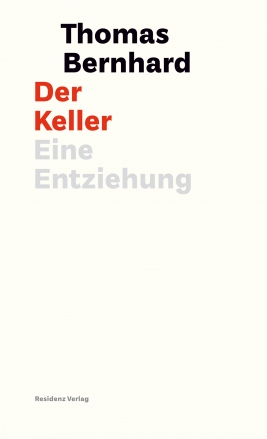
Hannelore Valencak - Summer Window
Roman
Wie seinerzeit Marlen Haushofer verdient es Hannelore Valencak von einer neuen Generation gelesen zu werden.
Ursula has both feet firmly on the ground: She’s young, in love, just happily married and together with her husband Joachim she has just renovated a little house and is looking forward to the first vacation together. But when she wakes up the morning before their holiday Joachim has disappeared, she is no longer at her house, and there are frost patterns on her window which she finds quite unusual for it being in the middle of July: Mysteriously she finds herself thrown back into the past, into the apartment of her overbearing aunt Priska, the gray everyday life awaiting her at the office – a life that marriage had just released her from. In vain she tries to expedite the course of events and to reach her husband who does not know anything about her yet until she realizes that she has to go the same path as unchanged as possible. But will everything fit together in the end, so that the encounter that made her life take such a lucky turn will actually take place again? Or will what at first seemed like a mean set-back in reality turn out to be a second chance? Like Marlen Haushofer, Hannelore Valencak deserves to be read by a new Generation. “Summer Window” was first published in 1967 under the title “Zuflucht
Book details
2. Auflage November 2011256 pages
format:110 x 190
ISBN: 9783701714483
Release date: 22.02.2006
License rights
- World rights available








